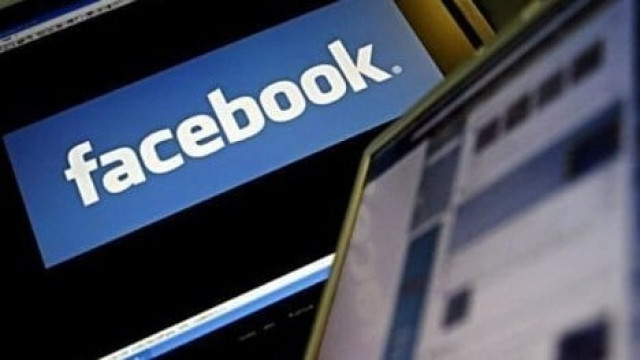Court blocks Facebook pages as nation grapples with YouTube ban
After taking to the streets collectively, individuals now seek court’s help with removing material online.

The Facebook pages were blocked upon court orders. PHOTO: AFP/FILE
For some time now, people have been knocking at the doors of justice, asking the court to run interference by removing content perceived to be blasphemous from the internet.
Knocking at the doors of justice is an alternate to what are fairly easy to provoke –countrywide, if not worldwide, protests. All one needs to wreak havoc is to upload a video containing sensitive material, offending peoples’ religious sensibilities.

Most countries witness peaceful protests by both Muslims and non-Muslims. But the situation in Pakistan does a back flip as things quickly escalate and spin out of control – out of the hands of law enforcement into the vortex of the mob. Protesters leave behind a trail of losses, damaging public and private property, venting their anger in places where those responsible for the offending content are least affected.
Last year, former prime minister Raja Pervaiz Ashraf ordered the ban against YouTube when the trailer of the blasphemous film titled ‘Innocence of Muslims’ sparked outrage across the country. The ban remained in effect after Google was unable to abide by Islamabad’s request to remove the video.
The response to the trailer was far from peaceful, 26 people were killed and 200 others injured in nationwide protests. Hundreds of shops, banks, parks and markets were looted and dozens of buildings and vehicles were set ablaze. Needless to say, YouTube is still blocked in the country.

Since people had no access to YouTube, their attention turned to Facebook, which was the next avenue to upload any unwanted material. Before people could know what was happening, petitioner Muhammad Arif Jan moved the Peshawar High Court (PHC), seeking court directions to block three Facebook pages. He alleged they contained blasphemous content.
The Facebook pages were blocked upon court orders.
As this transpired, a petition moved by advocate Mian Muhibullah Kakakhel challenging the YouTube ban was still pending before the court. The court was seeking expert views before reopening YouTube.
Kakakhel argued the ban was negatively affecting education as students could not search necessary content for their studies. He requested the court to direct authorities to filter all material deemed blasphemous and unblock the online video-streaming channel.
On June 27, the court summoned PTA officials and technical experts over the ban. However, when PTA Assistant Director Jawad could not satisfy the court, the bench summoned the information technology secretary on July 31, 2013 to appear and inform members of the bench whether blasphemous content on YouTube can actually be filtered.
PHC Chief Justice Dost Muhammad Khan was quoted saying, “If unwanted material is uploaded against any strong institution, you filter it without delay but you are completely avoiding this issue.”
Meanwhile, as the nation’s institutions grapple with the next generation of problems, Google remains mum on the matter.
Published in The Express Tribune, July 22nd, 2013.













COMMENTS
Comments are moderated and generally will be posted if they are on-topic and not abusive.
For more information, please see our Comments FAQ